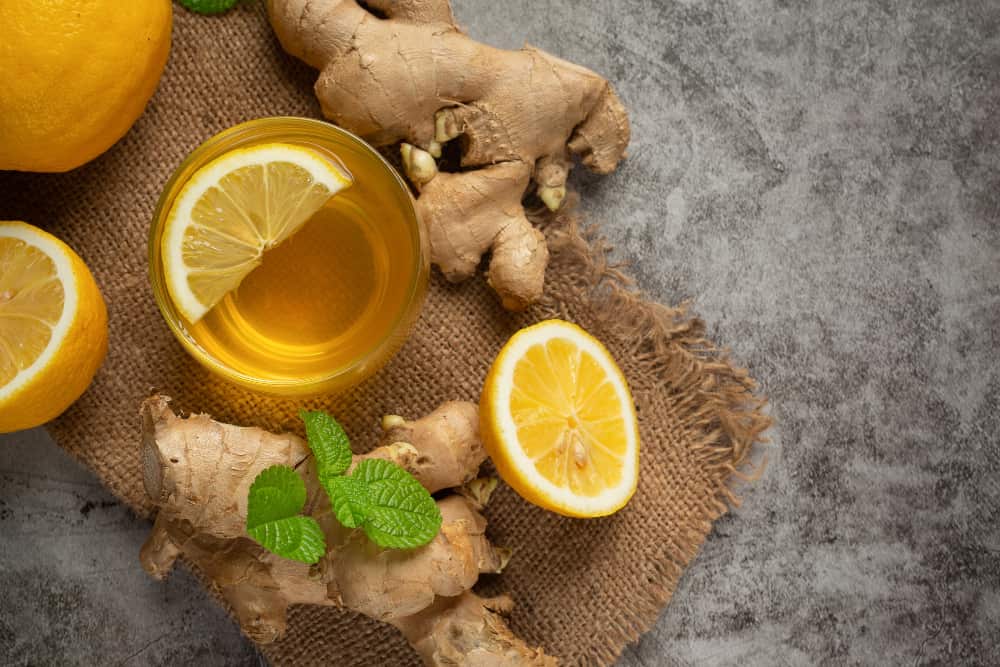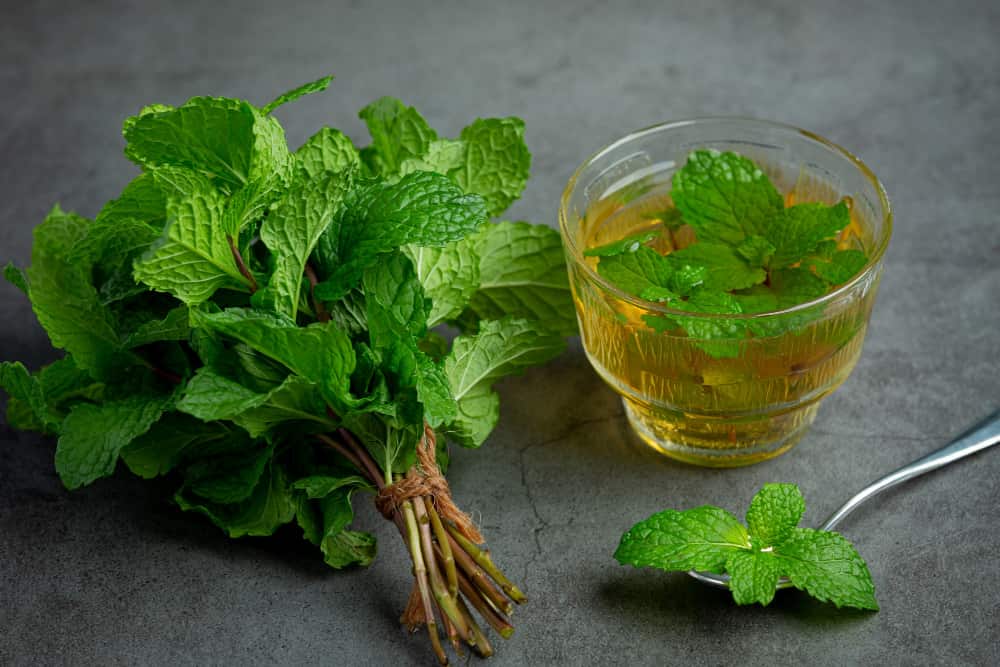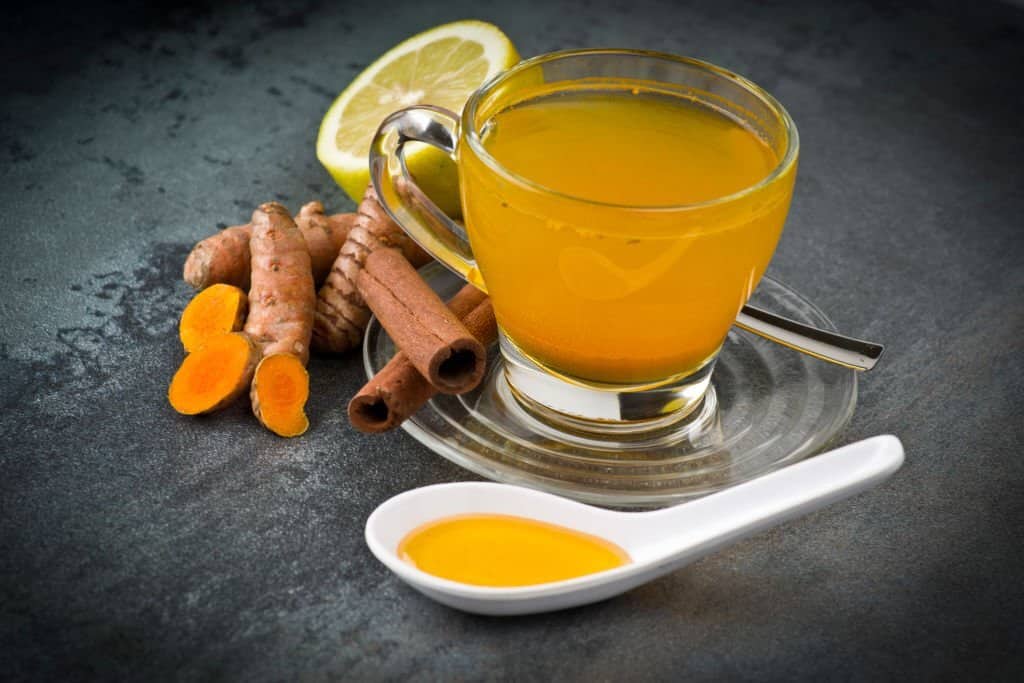If you are looking for a natural way to relieve headaches, you may want to consider drinking tea. Tea has been used for centuries to treat all sorts of ailments, including headaches. While many over-the-counter medications can help relieve headaches, they can often be expensive and have unwanted side effects. We will examine five tea types that help relieve headaches and provide natural pain relief. These teas are all-natural and can provide relief without any drawbacks of over-the-counter medications. Check out this list of the best teas for headaches and see which one works best for you. Who knows, maybe tea will become your new go-to for headaches.
1. Chamomile tea


The first tea on our list is chamomile tea. Chamomile tea is made from the dried flowers of the chamomile plant. This tea has been used to treat all sorts of ailments for centuries and is still widely used today. Chamomile tea is known for its calming and relaxing properties. This makes it a great option if your headache is due to stress or tension.
Chamomile tea contains compounds that have anti-inflammatory and analgesic properties. These properties can help to relieve headaches by reducing inflammation in the head and neck area.
Additionally, chamomile tea is a great source of antioxidants, which can help protect the body from damage caused by free radicals.
To make chamomile tea for headache relief, you will need:
- Chamomile tea bags (You can find these at most grocery stores in the tea aisle)
- A mug
- Boiling water
Brewing instructions:
- Bring a pot of water to a boil and then let it cool for about two minutes. This will ensure that your tea is not too hot and will help preserve the delicate flavor of the chamomile.
- Pour the hot water into your mug and add a chamomile tea bag.
- Allow the tea to steep for about five minutes, and then remove the tea bag.
- Chamomile tea is best enjoyed without sweeteners, but you can add a bit of honey if you like.
Chamomile tea is all-natural, has no side effects, and is inexpensive. If you are looking for a natural way to relieve headaches, chamomile tea is a great option. Chamomile tea is available in most health food stores and online.
2. Ginger tea


Ginger tea is a natural remedy for various types of headaches, including tension headaches, migraines, and sinus headaches. In traditional Chinese medicine, ginger is considered to be a “warming” herb and is often used to help relieve cold and flu symptoms.
Ginger tea can help to soothe a headache by reducing inflammation and promoting circulation. It is also thought to help relieve nausea. If you are suffering from a particularly bad headache, consider drinking ginger tea along with taking ibuprofen or another over-the-counter pain medication. You can also take ginger capsules or tablets for headache relief. Look for supplements that contain 500-1,000 mg of ginger per tablet or capsule.
To make ginger tea for headache relief:
- 1-inch piece of fresh ginger, peeled
- 8 ounces of water
- Honey (optional)
Bring the water to a boil and add the ginger. Reduce the heat and simmer for 10-15 minutes. Strain and sweeten with honey if desired. Drink hot or cold.
To make a stronger tea:
- Use 2 inches of ginger.
- For a milder tea, simmer for less time.
- Drink 1-2 cups per day as needed for headaches.
If you don’t have time to make your own Ginger Tea, you can also buy ready-made Ginger Tea bags from most health food stores.
Another way to use ginger tea for headache relief is to add a few drops of ginger essential oil to a diffuser and inhale the fumes. The ginger oil will help to open up the sinuses and relieve the pressure that can cause headaches.
Finally, you can also soak a washcloth in ginger tea and apply it to your forehead. The warm compress will help to soothe the pain and relax the muscles.
3. Peppermint tea


Third, on our list of best tea for headaches is peppermint tea. Peppermint tea has a refreshing and cooling effect that can help to relieve headaches. The menthol in peppermint is thought to have a calming effect on the muscles, which can help to reduce tension headaches. It also has a refreshing and soothing taste, which can help improve your mood if you feel stressed or anxious.
The menthol in peppermint has vasoconstrictive properties, which means it can help constrict blood vessels. This can help to relieve the pain of migraines and tension headaches. Peppermint is also thought to have antispasmodic properties, which can help to relax the muscles and relieve pain. In addition, peppermint tea can help to relieve nausea, which is often a symptom of migraines.
To make peppermint tea for headache relief:
- 8 ounces of water
- One teaspoon of dried peppermint leaves or one peppermint tea bag
- Honey (optional)
Bring the water to a boil and remove it from heat. Add the peppermint leaves or tea bag and let steep for 10 minutes. Strain and sweeten with honey if desired. Drink 1 cup per day as needed for headaches.
You can also apply peppermint oil to your temples or forehead to help relieve tension headaches. Add a few drops of peppermint oil to a cotton ball and apply to the affected area.
You may also like: 10 Easy Steps for Healthy Living at Home in (2022)
4. Feverfew tea
Feverfew tea is another option for those looking for a natural way to relieve headaches. It is a plant in the daisy family that has been used for centuries to treat various medical conditions, including headaches, arthritis, and menstrual cramps. The plant contains compounds that are thought to have anti-inflammatory and pain-relieving properties.
In a recent study, people with migraines who took feverfew supplements daily for eight weeks had fewer migraines and less pain than those who did not take the supplements. The active ingredient in Feverfew, parthenolide, is thought to have anti-inflammatory and pain-relieving properties. In another recent study, Feverfew was shown to be as effective as the migraine medication amitriptyline in reducing the frequency and severity of migraines.
How to make Feverfew tea for headache relief?
- Take a cup of water and bring it to a boil.
- Add one teaspoon of dried Feverfew leaves to the boiling water.
- Cover the cup and let it steep for ten minutes.
- After ten minutes, strain the tea and drink it while it is still hot.
- You can also add honey or lemon to the tea if you like.
You can find feverfew tea at most health food stores. You can also take feverfew supplements if you don’t like the taste of tea. Feverfew supplements are available in capsules or tablets. It is important to start with a low dose and increase gradually to avoid side effects such as nausea, vomiting, and diarrhea.
If you are pregnant or breastfeeding, do not take Feverfew without talking to your doctor first. Feverfew may also interact with certain medications, so talk to your doctor before taking it.
5. Turmeric Tea


Turmeric is a plant that is native to India. The root of the plant is ground into a powder and used as a spice in Indian cuisine. Turmeric has also been used for centuries in traditional medicine to treat various health problems, including headaches.
One study found that participants who took a curcumin supplement (a compound found in turmeric) experienced a significant reduction in the number of headaches they experienced each month.
Another study showed that taking a turmeric extract twice daily for two weeks significantly decreased the intensity of headaches.
Here’s how to make it:
Ingredients:
- 1 cup water
- One teaspoon turmeric powder (You can find Turmeric power in your local market or health food stores.)
- Honey or lemon (optional)
Instructions:
1. Bring the water to a boil.
2. Add the turmeric powder and stir well.
3. Reduce the heat and simmer for 10-15 minutes.
4. Strain the tea and add honey or lemon, if desired.
You can also find turmeric supplements at your local health food store. Just be sure to read the label carefully to make sure you are taking the correct dosage.
A study published in the Journal of Alternative and Complementary Medicine found that curcumin effectively reduced pain and inflammation in people with arthritis. Researchers believe that the same anti-inflammatory properties may also be beneficial for treating headaches. You can found Turmeric power in your local market or health food stores. So if you are looking for a natural way to relieve your headaches, try drinking turmeric tea.
How to prevent headaches in the future again?
You can do several things to help prevent headaches in the future.
1. Get enough sleep: Most people need seven to eight hours per night. If you are not getting enough sleep, it can trigger a headache.
2. Eat healthy: Eating a healthy diet can help reduce the frequency of headaches. Be sure to eat plenty of fruits, vegetables, and whole grains.
3. Exercise regularly: Exercise is a great way to relieve stress and tension that can lead to headaches. Just be sure to warm up properly before exercising to avoid injury.
4. Limit alcohol: Drinking too much alcohol can trigger a headache. If you drink alcohol, do so in moderation.
5. Reduce stress: Stress is a common trigger for headaches. Try to find ways to reduce stress in your life by taking breaks, getting regular exercise, and spending time with friends and family.
Headaches can be painful and disruptive. But there are several things you can do to treat them. If you experience frequent or severe headaches, talk to your doctor about other treatment options.
When should I see a doctor for my headaches?
Most headaches are not a sign of a serious medical condition and can be treated at home with over-the-counter pain relievers. However, there are some situations when you should see a doctor for your headaches.
You should see a doctor if:
- Your headaches are severe and do not respond to over-the-counter pain relievers.
- You have new or different headaches accompanied by other symptoms such as fever, stiff neck, rash, or vomiting.
- You have headaches that wake you up from sleep.
- You have headaches that are getting worse over time.
- You have vision problems, trouble speaking, or paralysis, along with your headache. These could be signs of a stroke.
If you experience any of these symptoms, you must see a doctor immediately.
The Bottom Line:
All the teas mentioned in this article have been shown to relieve headaches effectively. If you are looking for a natural way to find relief from your headaches, try drinking one of these teas for he. You can also take feverfew supplements if you don’t like the taste of tea. Feverfew supplements are available in capsules or tablets. It is important to start with a low dose and increase gradually to avoid side effects such as nausea, vomiting, and diarrhea. Be sure to talk to your doctor before taking any of these supplements if you are pregnant or breastfeeding.
FAQs
A: There are several teas that may help to reduce the intensity and frequency of headaches. Chamomile, peppermint, ginger, lavender, rosemary and feverfew all have properties that can help to reduce pain. In addition, caffeine-free herbal tea blends such as valerian root tea or chamomile with lemon balm may be beneficial for headaches.
A: Generally speaking, 3-4 cups of tea per day is recommended for headache relief. It’s important to remember that everyone reacts differently to different types of teas. Experiment with a few different types to see which one works best for you and adjust your intake accordingly.
A: Generally, yes. Tea is a natural remedy with few side effects and can be used to supplement other treatments for headaches. However, if you have any specific health conditions or are pregnant, it is recommended that you speak to your doctor before using herbal teas as a treatment method.
A: No. Tea can help to reduce the intensity and frequency of headaches, but it is not a replacement for medical treatments. It is important to speak with your doctor if you experience frequent or severe headaches to ensure that they are properly treated.
A: Yes! Along with drinking the recommended teas, you can also try using cool compresses or massaging your temples to reduce tension and pain. Additionally, avoiding triggers like stress, bright lights, and strong odors may help to prevent future headaches.

